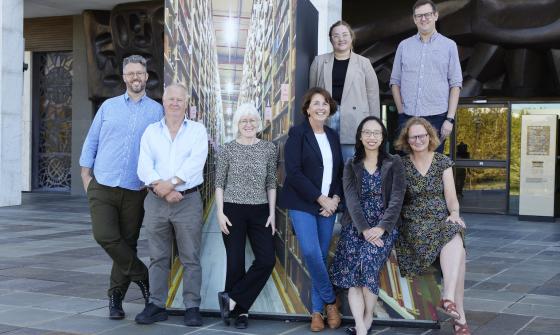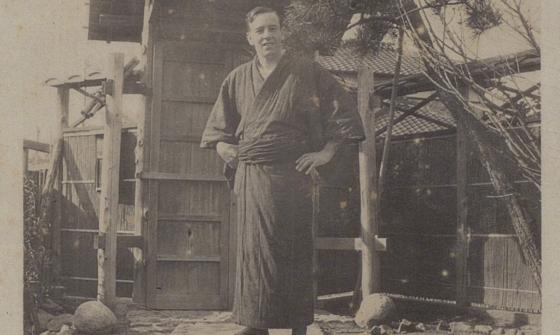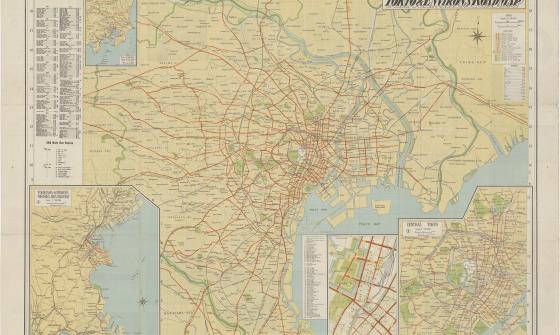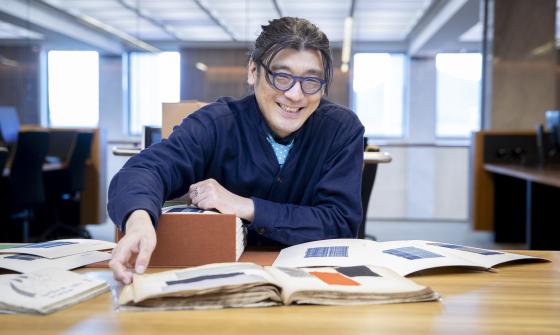Working with HS Williams
My National Library Fellowship involved working with the Harold S Williams Japan Collection, which has become the focus of my recent research. I have been writing about Japan for many years. I have published a personal memoir of my time as Chair of Australian Studies at the University of Tokyo and a cultural history of the Australian role in the postwar Occupation of Japan, as well as numerous articles. My fellowship project ‘Working with Williams’ in some ways represents the culmination of a long professional and personal commitment.
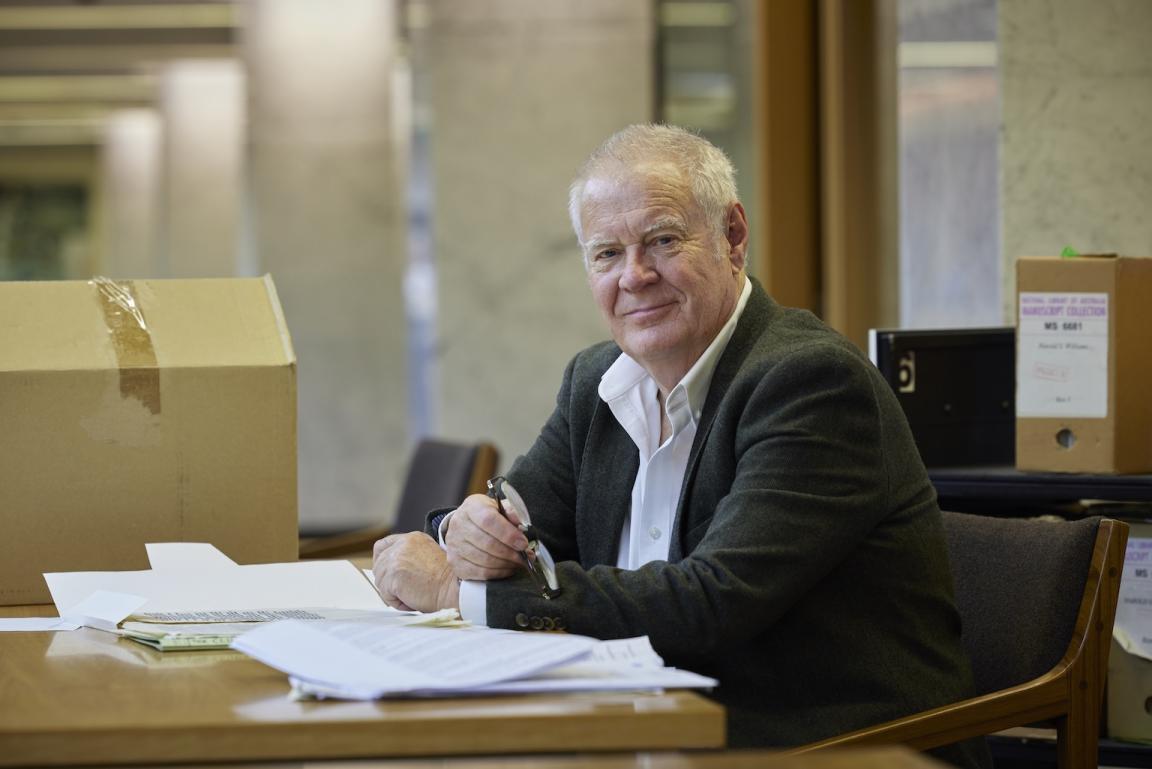
2024 National Library of Australia Fellow Professor Robin Gerster
2024 National Library of Australia Fellow Professor Robin Gerster
I first became interested in the figure of Harold S Williams about 5 years ago, and spent some time at the Library surveying the collection in August 2022. Harold Williams was a Melbourne-born businessman, bibliophile and author who lived in Japan for decades, until his death in Kobe in the late 1980s. I was intrigued by Williams as an Australian cultural commentator in Japan, interpreting the country to the curious West. This fellowship provided the opportunity to examine in detail this fascinating and significant figure in the broader Australia/Japan relationship. By examining the hidden depths of the collection, I was able to discover some of the complexities and contradictions of Williams’s life and career.
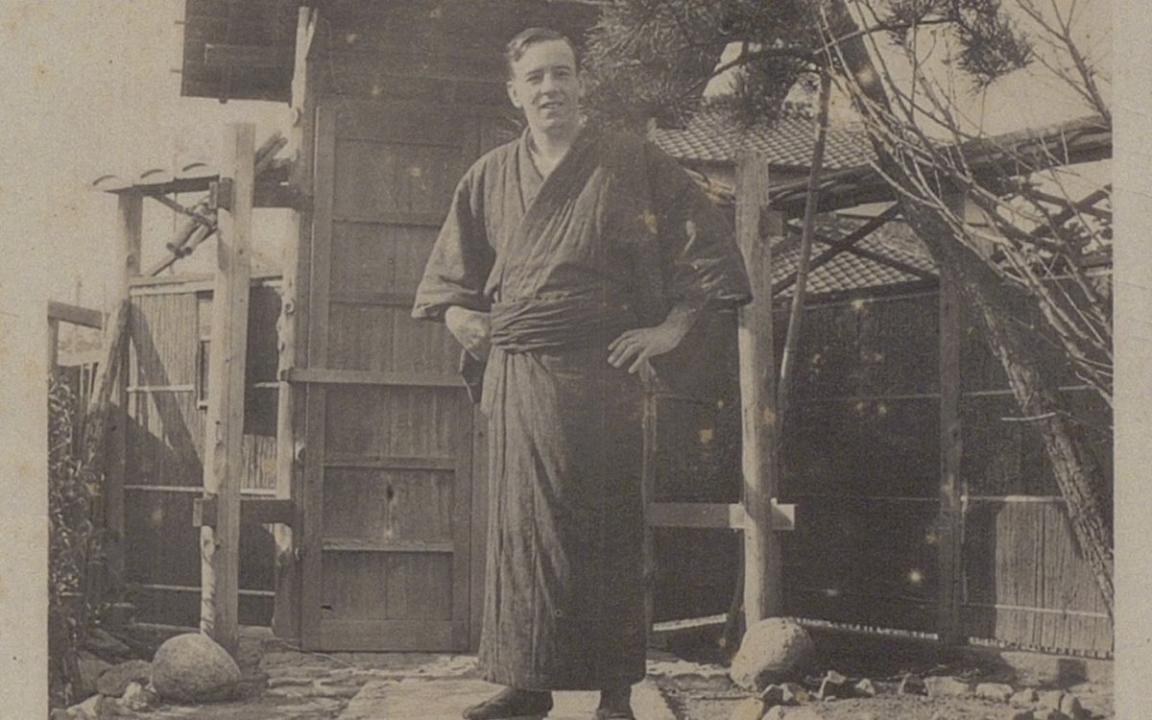
Harold S. Williams in Japan, c.1920s, Papers of Harold S. Williams, 1867-2000, MS6681/5/file 54, nla.gov.au/nla.obj-234441386
Harold S. Williams in Japan, c.1920s, Papers of Harold S. Williams, 1867-2000, MS6681/5/file 54, nla.gov.au/nla.obj-234441386
The Williams Collection is vast in both breadth and depth. He collected, catalogued and cross-referenced everything, and what he left behind is a treasure trove of material on Japan from the Meiji period to the 1980s. One striking component of the Collection that occupied much of my time was Williams’s large photographic archive, containing both personal and acquired photos. There is a wealth of material there to occupy future Japan scholars for decades to come.
Other, less obvious sources provided valuable insights into Williams’s engagement with his adopted country. For example, his collection of letters to editors of English-language Japanese newspapers commenting, often critically, on matters of cultural and political interest. Some of the most intriguing material was found in the unlikeliest of places, such as his annotations on copies of published articles. He himself was a prolific author, not merely of books, but articles in newspapers, newsletters and journals. And he was a frequent giver of speeches and the transcripts in the collection provide a great record of his thinking.
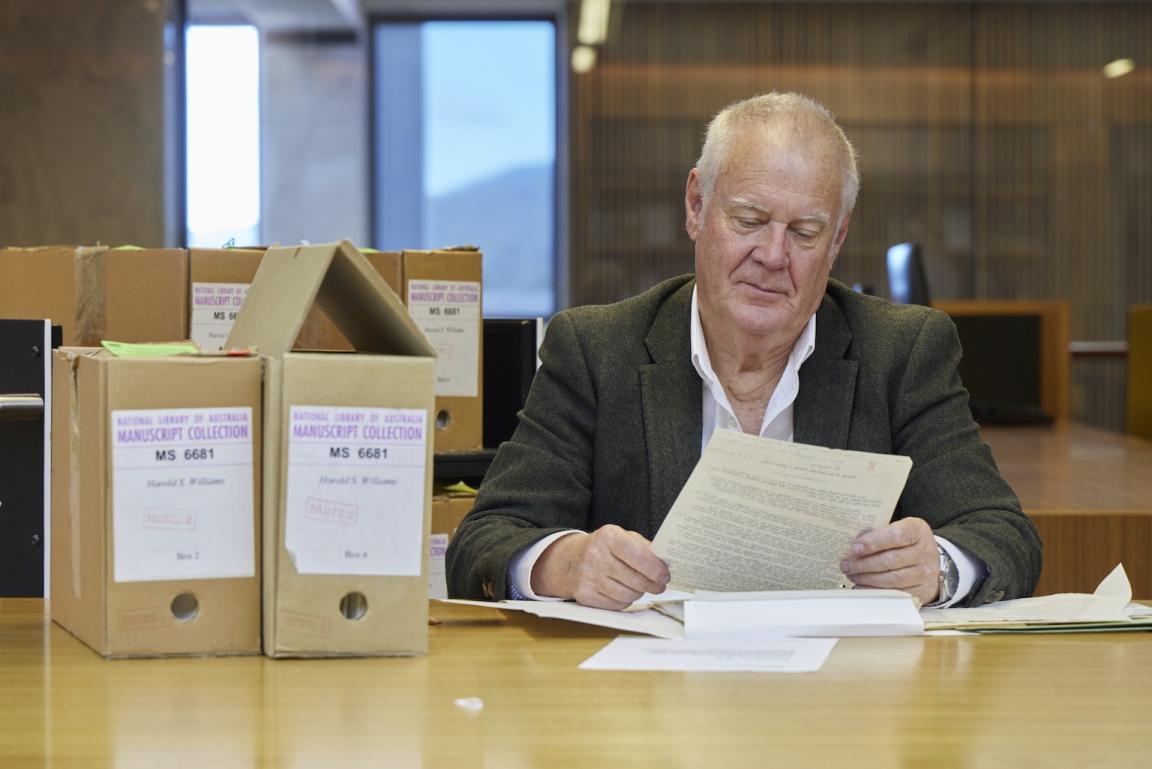
2024 National Library of Australia Fellow Professor Robin Gerster
2024 National Library of Australia Fellow Professor Robin Gerster
The Collection is testimony to Williams’s interests and, some might say, his obsessions. It became increasingly clear to me that Williams was consumed by the quest to document the lives and deaths of the foreigners who gravitated to Japan from the 1850s and 1860s, after the country’s ‘opening up’ to the West. This is seen in Williams’s dedication to visiting, preserving, describing and documenting the foreign cemeteries of Japan. This compulsion became perhaps the main focus of my critical inquiry during the period of my fellowship.
I plan to work up my discoveries into scholarly articles on Williams, with the possibility that these may eventually be integrated into a more inclusive study of Australian commentary on Japan over the decades.
This National Library Fellowship was the culmination of many pleasurable and productive research periods at the Library over the years, dating back to my time as a postgraduate student. The Library is a superb place to work, with endlessly accommodating and knowledgeable librarians. It was a great pleasure to do research there.
